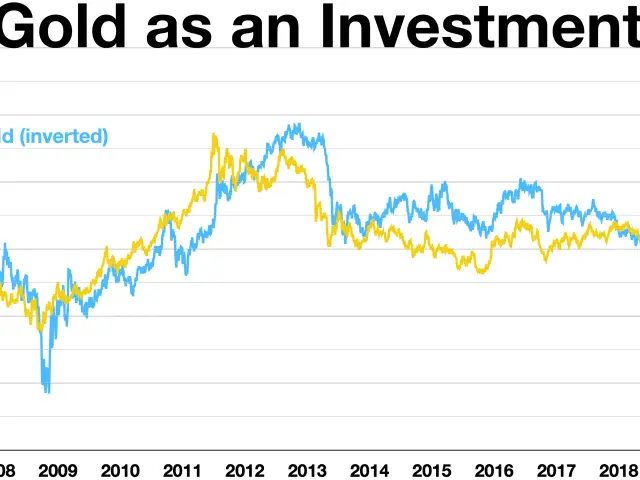Agricultural policies under Biden's climate-focused initiative were considered an improvement, but were unfortunately abolished during Trump's term.
The US government's approach to climate-smart agriculture has seen a significant shift between the Biden and Trump administrations, with each administration advocating for different strategies.
Under President Biden, the USDA launched the $3 billion Partnerships for Climate-Smart Commodities initiative, aiming to make agriculture climate-resilient by promoting sustainable practices. This initiative, a key component of the Climate-Smart Agriculture initiative, prioritized paying farmers to adopt regenerative practices like cover crops and no-till, with the belief that they would sequester carbon and help reverse climate change.
However, the emphasis on soil carbon sequestration has been a subject of debate. Tom Vilsack, the current USDA Secretary, is a strong advocate for this approach, while David Hayes, a former deputy interior secretary, has expressed skepticism. Hayes cites difficulties in measuring and ensuring carbon sequestration remains underground, and the potential for negative climate impacts from added nitrogen.
The Biden USDA has made efforts to ensure grants go to smaller farms, specialty crops, nonprofits, and underserved communities. However, the emphasis on equity and diversity in grant distribution has made it difficult to see a coherent strategy behind them, according to some critics.
Contrastingly, the Trump administration did not believe agriculture policy should have anything to do with the climate. The Trump administration cancelled several grants that prioritized equity and diversity, and also cancelled the climate-smart commodities program in April 2022, citing it as a violation of their priorities.
The Trump administration's stance on climate-smart agriculture was met with criticism, and the Biden administration's approach is still preferred over Trump's by some, such as the Environmental Working Group. However, the Biden administration's climate-smart approach has also faced criticism, with some projects financed by the program appearing climate-harmful, such as biofuels, manure digesters, and grass-fed beef.
Moreover, Indigo Ag, a carbon-market leader, has only managed to sequester a very small fraction of the trillion tons of soil carbon they aimed to in 2019. This raises questions about the effectiveness of carbon sequestration efforts in farm soils.
Regenerative agriculture, while beneficial for carbon sequestration, tends to produce less food per acre, which may accelerate the conversion of carbon-rich forests and wetlands into farmland. This could potentially offset the carbon benefits of regenerative agriculture.
The internal fight over climate-smart agriculture within the Biden administration, centering around the debate between Vilsack and Hayes, is a testament to the complexity of finding a balanced solution that addresses climate change, food production, and social equity. The debate continues as the US government strives to find a sustainable and equitable approach to climate-smart agriculture.
In a separate development, the "Eating the Earth" column explores the connections between food and climate, providing insights into the broader implications of agriculture policies on the environment and society.
Read also:
- Russia, according to Zelensky, lacks the prowess for launching another significant offensive.
- Russia's Latest Peace Proposals for Donbas: New Diplomatic Landscape Emerges amid Alaska Summit, Potentially Opening Ceasefire Opportunities
- Amidst India's escalating climate crisis, transgender individuals continue to persevere
- Contentious Discussion Surrounding the Movie Release of "Planet of the Humans"








